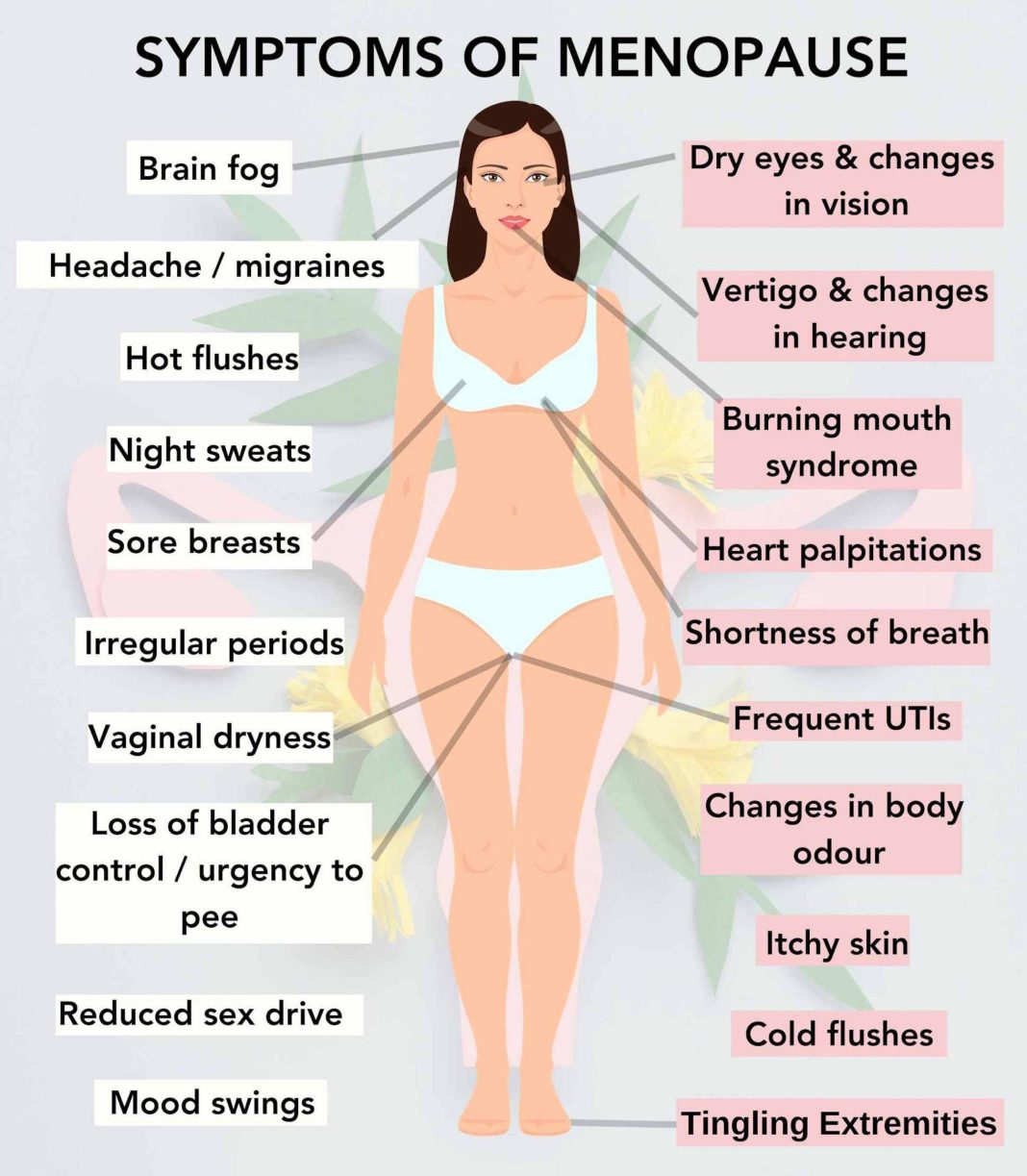As the chapters of a woman’s life unfold, there comes a time when the familiar rhythms of her body begin to change, signaling the approach of a new phase: menopause. Often shrouded in mystery and misconception, this natural transition can evoke a spectrum of emotions and experiences. Recognizing the early signs of menopause is not merely a biological awareness; it is an invitation to understand and embrace the changes with grace and resilience. In this article, we delve into the subtle cues that herald the onset of menopause and explore practical strategies to navigate this journey with confidence and ease. Whether you’re standing on the threshold of this transition or simply seeking to support someone who is, understanding these early signs and coping mechanisms can transform a daunting change into an empowering new beginning.
Understanding the Initial Indicators of Menopause
When navigating the journey of menopause, it’s crucial to recognize the subtle hints your body might be sending. Some of the initial indicators can include irregular menstrual cycles, which may become shorter or longer, heavier or lighter. Hot flashes are another common early sign, often characterized by sudden feelings of warmth, which can be uncomfortable and sometimes disruptive. Other early signs might include sleep disturbances, mood swings, and a decrease in libido.
To better cope with these changes, consider incorporating lifestyle adjustments that can provide relief and improve overall well-being. You might explore the following strategies:
- Maintain a balanced diet rich in calcium and vitamin D to support bone health.
- Engage in regular physical activity, such as walking or yoga, to enhance mood and reduce stress.
- Practice relaxation techniques like meditation or deep breathing exercises to manage anxiety and irritability.
- Stay hydrated and dress in layers to help manage hot flashes.
- Consult a healthcare provider for guidance on hormonal and non-hormonal treatments if symptoms become overwhelming.
By staying informed and proactive, you can navigate the early stages of menopause with greater ease and confidence.

Navigating Emotional Shifts with Confidence
As women approach menopause, they may experience a range of emotional shifts that can feel bewildering and challenging to navigate. Recognizing the early signs can help in managing these changes with greater ease. Here are some common emotional symptoms to watch for:
- Increased irritability or mood swings
- Feelings of anxiety or depression
- Diminished motivation or concentration
- Sudden emotional outbursts
Understanding these changes is crucial for coping effectively. One approach is to embrace self-care strategies that foster emotional well-being:
- Mindfulness and meditation: Regular practice can help in grounding emotions and reducing stress.
- Physical activity: Engaging in regular exercise releases endorphins, boosting mood and energy levels.
- Social connections: Maintaining strong relationships can provide emotional support and enhance resilience.
- Therapeutic support: Consulting with a therapist or counselor can offer guidance tailored to individual needs.
By acknowledging these emotional shifts and employing effective coping mechanisms, women can navigate this transitional phase with greater confidence and balance.

Practical Tips for Managing Physical Changes
As your body begins to transition, embracing a proactive approach can make all the difference. Start by maintaining a balanced diet rich in calcium and vitamin D to support bone health, which can be compromised during this time. Regular exercise not only helps manage weight but also boosts mood and energy levels. Consider incorporating both cardio and strength training exercises into your routine for optimal benefits.
- Stay Hydrated: Drink plenty of water to help manage bloating and maintain skin elasticity.
- Dress in Layers: Opt for breathable fabrics to cope with sudden temperature changes and hot flashes.
- Practice Relaxation Techniques: Yoga, meditation, and deep-breathing exercises can help reduce stress and improve sleep quality.
- Monitor Changes: Keep a journal to track symptoms and identify any patterns, which can be useful for discussions with your healthcare provider.

Holistic Approaches to Menopause Well-being
As you journey through this transformative phase, embracing holistic methods can offer significant relief and support. These approaches are designed to nurture both the body and mind, providing a comprehensive framework for managing menopause symptoms. Lifestyle modifications can be incredibly effective, starting with a balanced diet rich in phytoestrogens, found in foods like soy and flaxseeds. Regular exercise, particularly yoga and tai chi, not only enhances physical strength but also promotes mental clarity and emotional balance.
- Mindfulness and Meditation: Regular practice can reduce stress and improve emotional well-being.
- Herbal Remedies: Herbs such as black cohosh and red clover may alleviate symptoms.
- Aromatherapy: Essential oils like lavender and chamomile can promote relaxation and better sleep.
- Acupuncture: This ancient practice may help in reducing hot flashes and improving mood.
Integrating these holistic approaches into your daily routine can create a supportive environment, helping you navigate menopause with greater ease and comfort.








